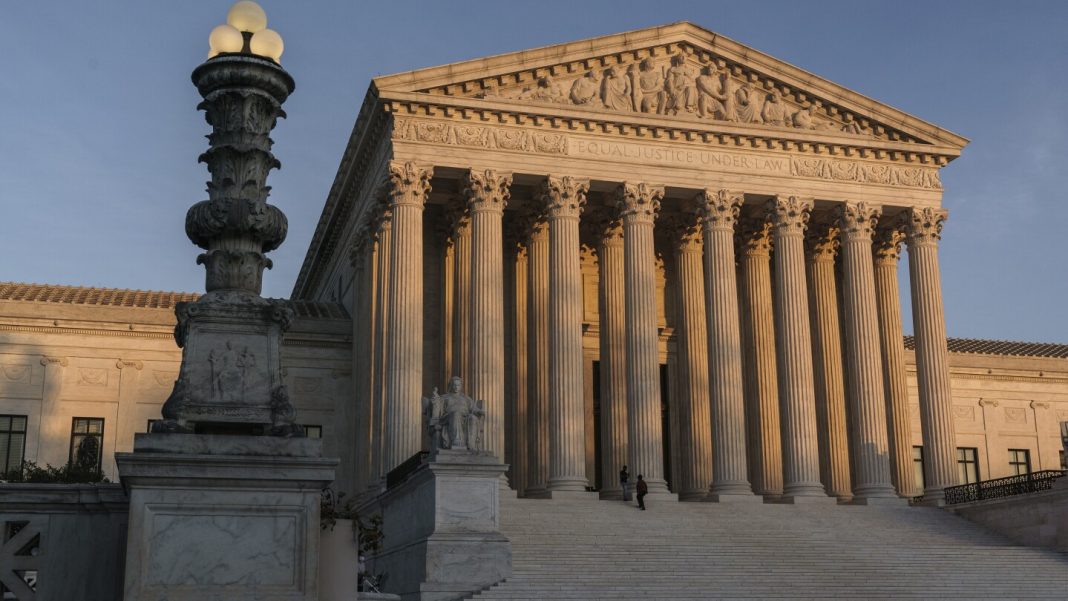BOGOTA, Colombia (news agencies) — It’s been a year since the people of Ecuador voted to halt oil drilling in a national park in the heart of the country’s share of the Amazon, and nothing has been done to start shutting down operations. For supporters of the shutdown, that’s not even the worst part: the government is now seeking a five-year extension for the state-run oil company to get out.
The Waorani people, an Indigenous group whose territory overlaps Yasuni National Park, and others are frustrated by the lack of compliance with the referendum.
“We should already have advanced results, with the closures almost 100% complete, but the government has not committed to that,” said Juan Bay, president of the main Waorani organization in Ecuador, known as NAWE. “There has been no political will to guarantee the rights of the Ecuadorian people that the ballot boxes decided.”
Yasuni National Park is one of most biodiverse regions on the planet. Besides the Waorani, it’s home to two of the world’s last Indigenous communities living in voluntary isolation, the Taromenane and the Tagaeri people, according to nonprofit Amazon Frontlines.
Supporters were jubilant last year when almost 60% of voters supported the referendum on ending drilling in a block known as 43-ITT. They called it a historic referendum that would keep some 700 million barrels of crude in the ground to safeguard nature and Indigenous communities there.
A constitutional court gave the government and state-run Petroecuador a year to shut down wells and roads and dismantle drilling infrastructure. But earlier this month, Ecuador’s government asked the court for an extension of the August 2024 deadline to close the oil block by at least five years and five months.
Ecuador’s Ministry for Energy and Mines did not respond to requests for comment. Antonio Goncalves, appointed to lead the ministry in July, told local media that they are working with Petroecuador on an “exit plan” and “the dismantling” of its facilities.
“This has never been done before, neither in the country nor in the world. It has to be done in a responsible way. We have a tight schedule, but we believe we can do it,” Goncalves said in a televised interview with Teleamazonas on Aug. 21.
Some experts say that a year was not enough time to dismantle operations and that President Daniel Noboa needed the large revenue from the oil industry to combat spiraling violence in the country for which a state of emergency was declared in January. Oil accounts for nearly one-third of the Ecuador’s GDP and its economy is struggling to meet its domestic debt obligations.
“It was going to be very hard to do considering everything that has been going on within the country,” Beatriz Nice, an Ecuador-based associate at Wilson Center, a Washington think tank, said in an interview.




